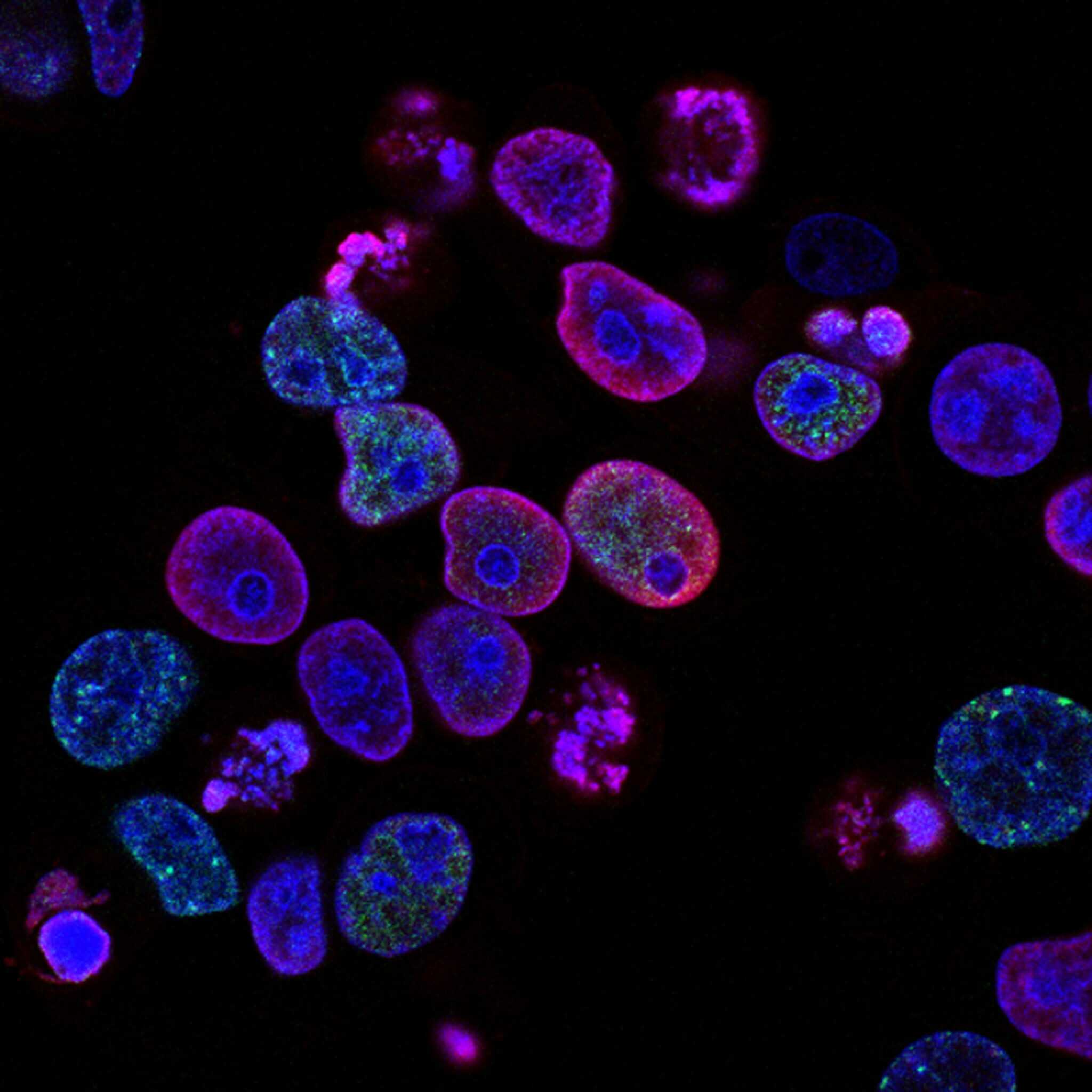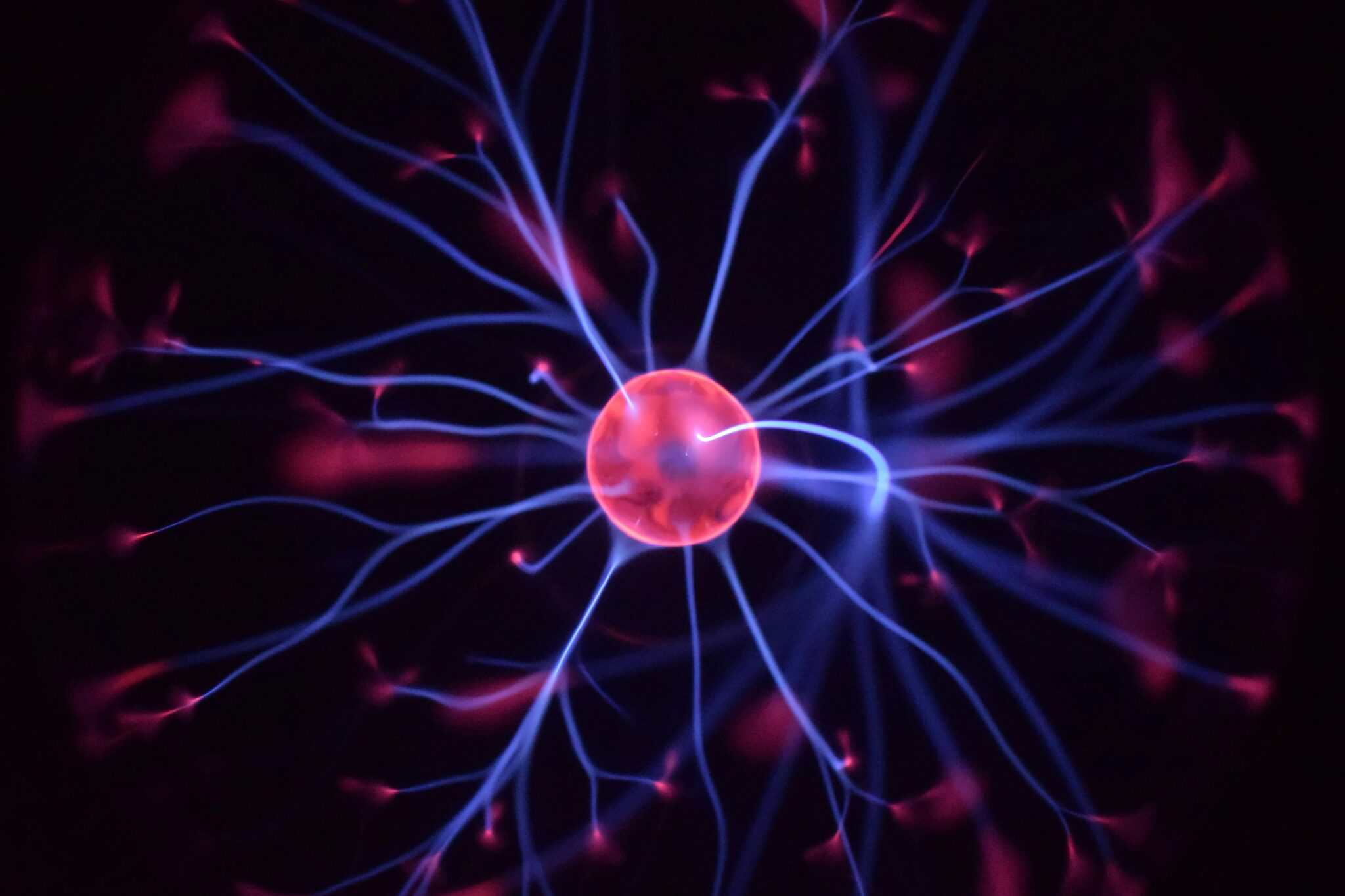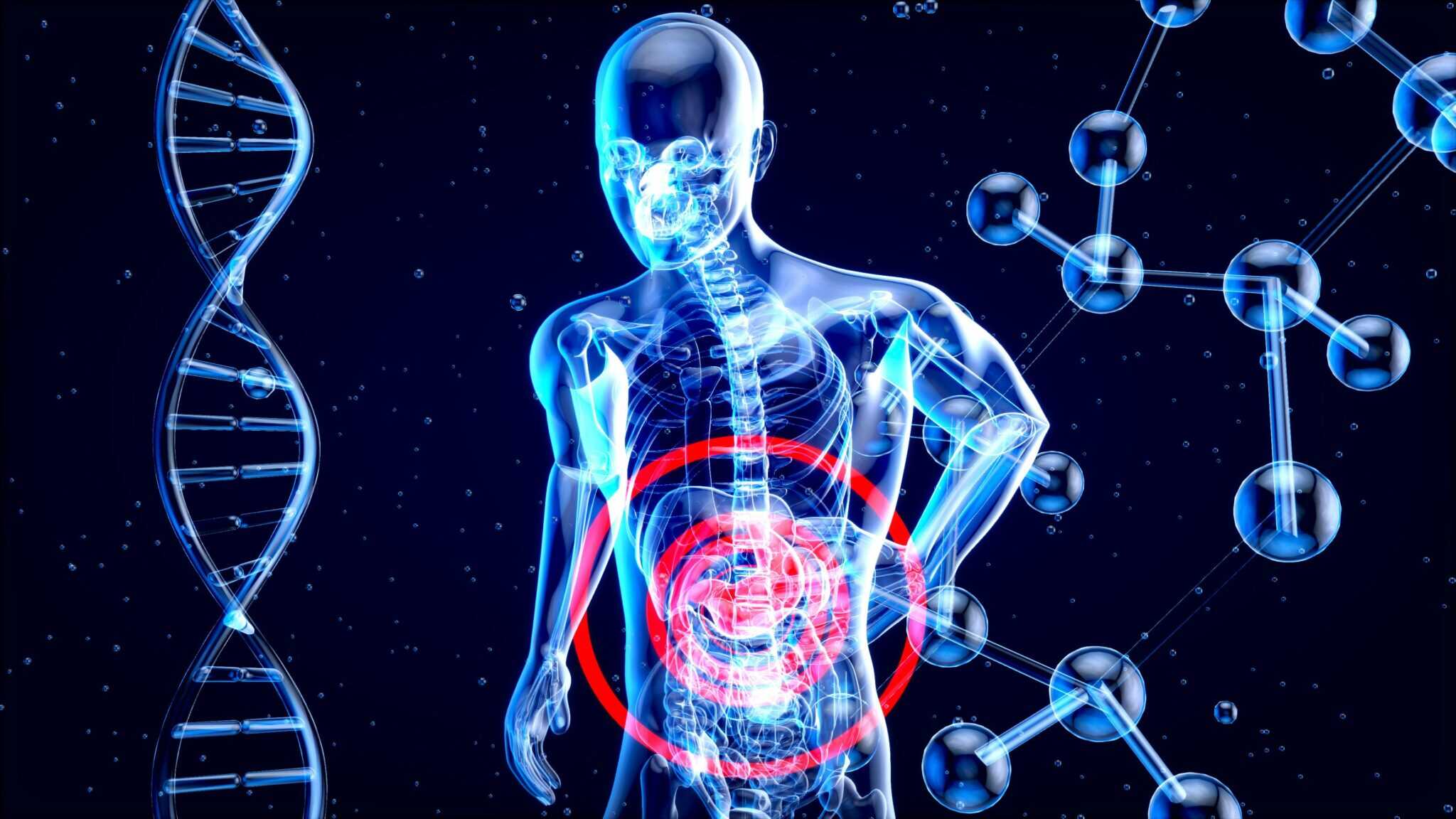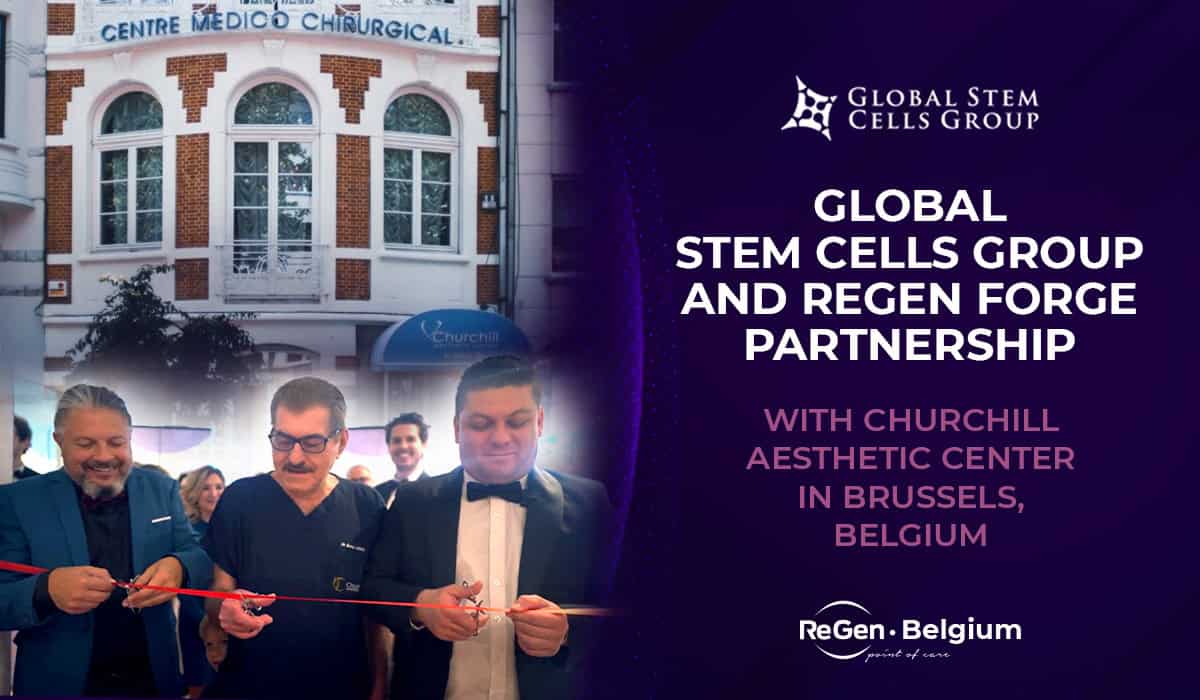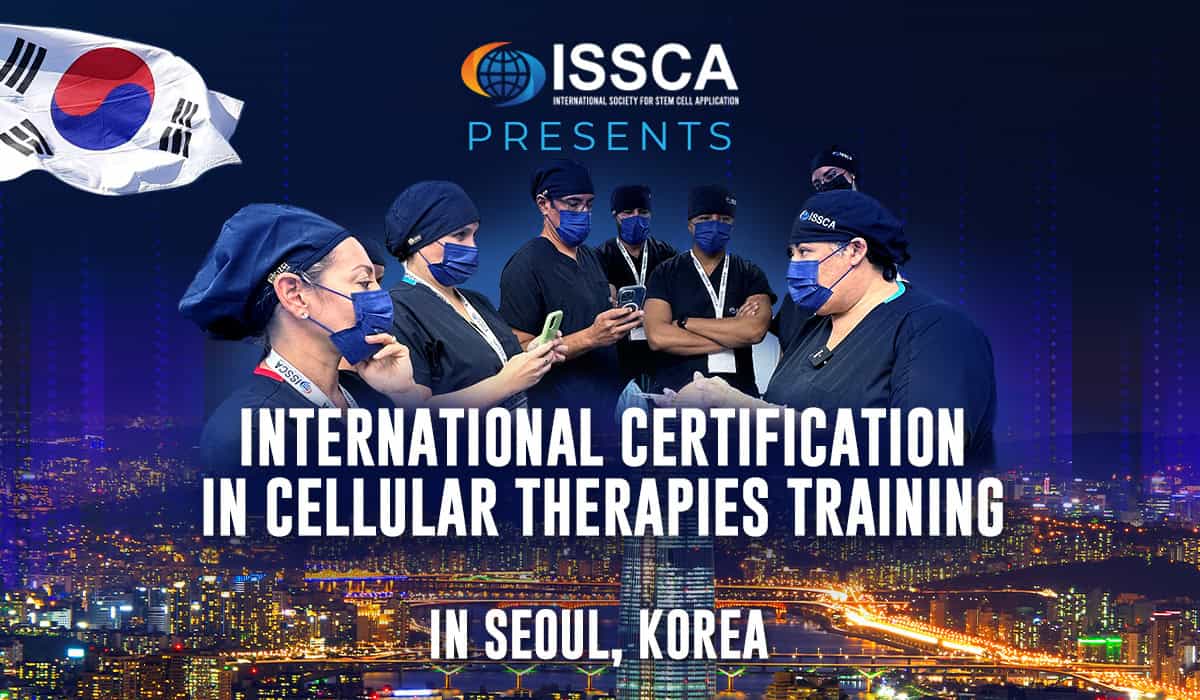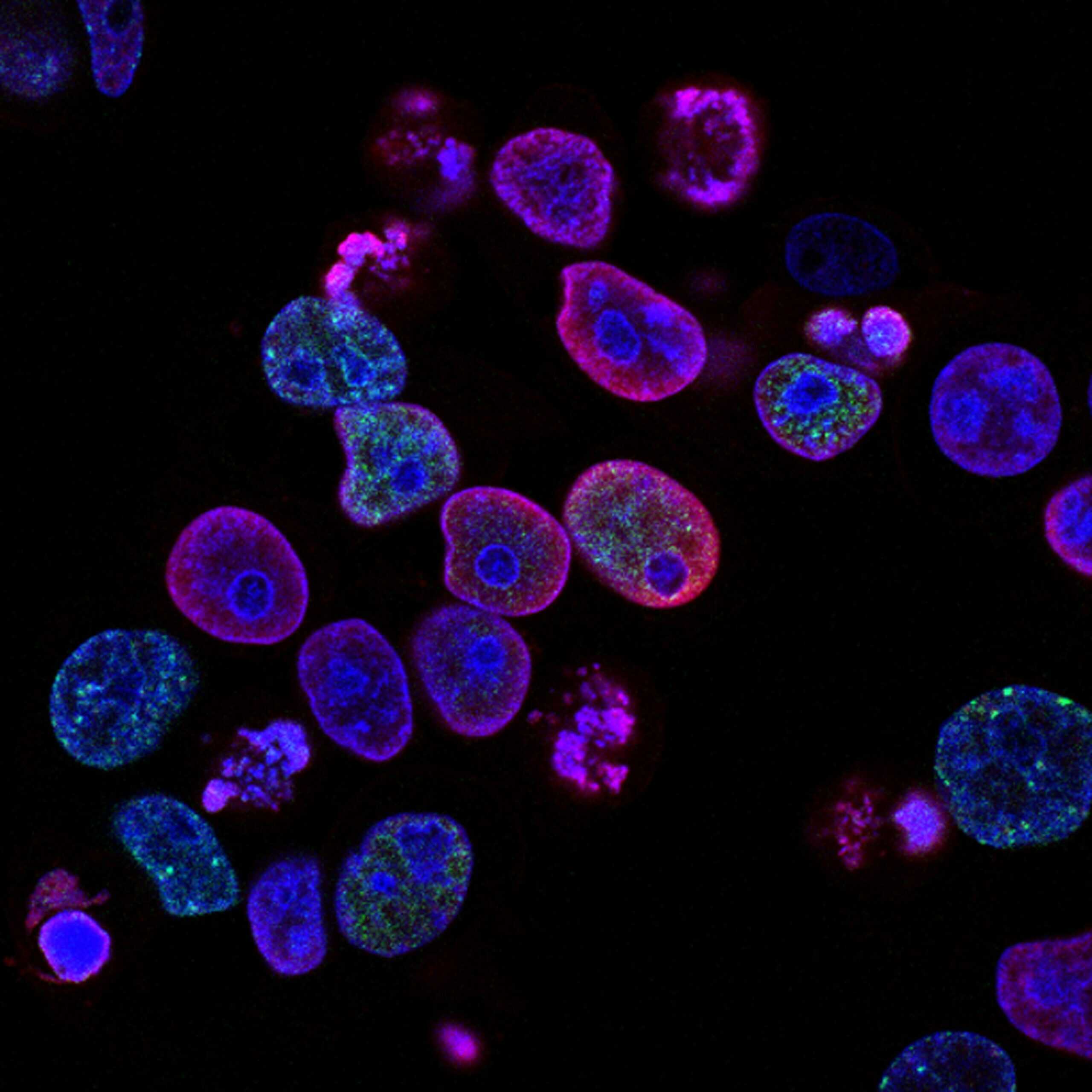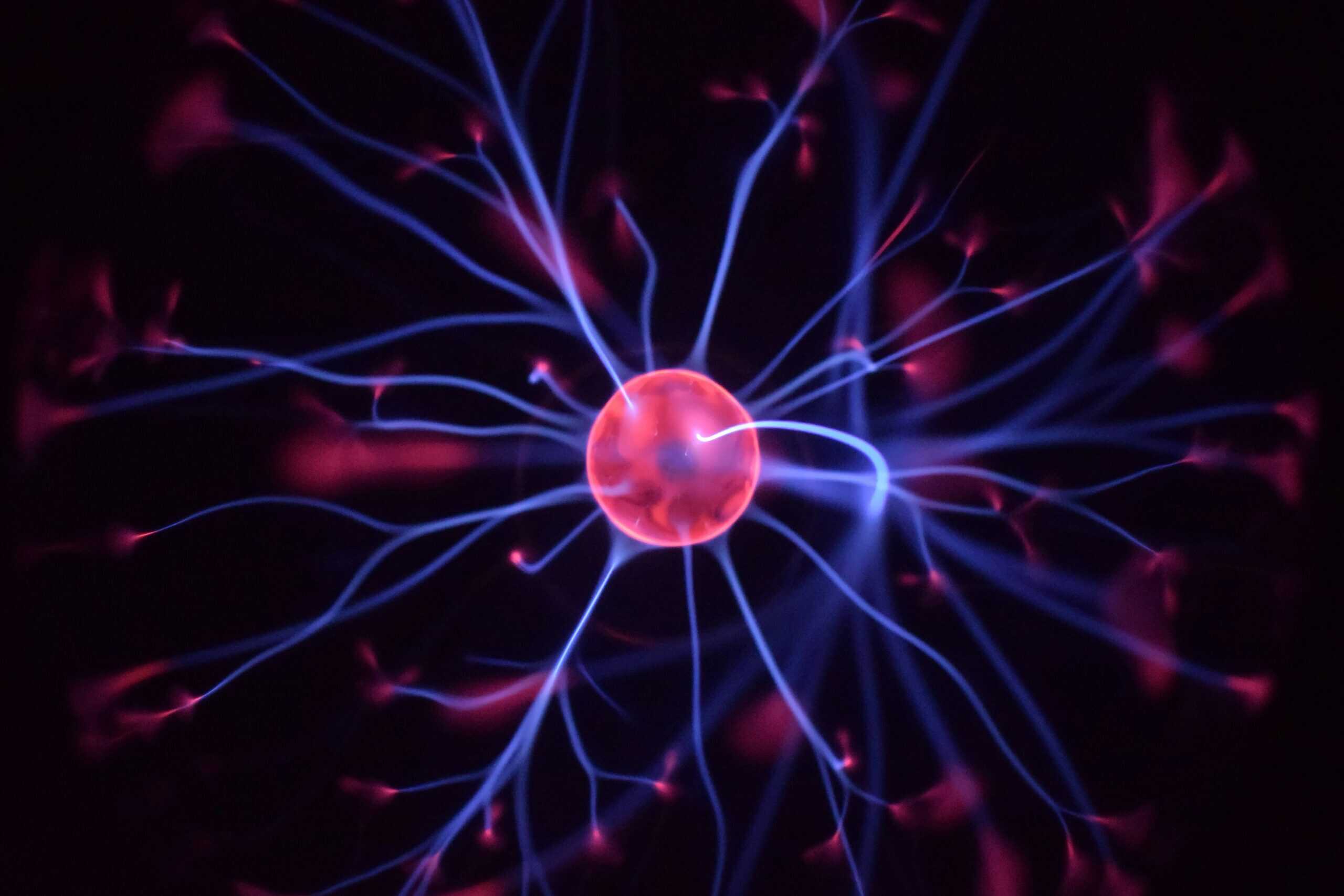MONDAY, 20 SEPTEMBER 2021 / PUBLISHED IN BLOG
What is Wharton’s Jelly?
Wharton’s Jelly is the gelatinous connective tissue found in the umbilical cord. This once discarded substance, previously thought of as afterbirth waste, is rich in healing substances and abundant in mesenchymal stem cells (MSCs).
Benefits of Mesenchymal Stem Cells from Wharton’s Jelly
The mesenchymal stem cells in Wharton’s Jelly are special because they are not readily recognized by the body’s immune system. They are considered “primitive cells,” meaning they have properties similar to embryonic cells. This reduces the risk of an immune reaction when these cells are injected into a patient.
Minimally processed Wharton’s Jelly preserves the growth factors and proteins needed for effective healing.
Who Can Benefit from Wharton’s Jelly Treatment?
Wharton’s Jelly is used in regenerative medicine, which employs naturally occurring cells and substances to promote tissue regeneration and healthy cell growth. This natural substance contains collagen, anti-inflammatory properties, growth proteins, and hyaluronic acid.
Treatment with Wharton’s Jelly can help with various ailments, including:
- Degenerative diseases
- Osteoarthritis
- Ligament and muscle damage
- Joint pain and inflammation
- Chronic pain
- Wound healing
There are no age restrictions on who can receive this treatment, and often a patient will only need treatment once.
How Does Wharton’s Jelly Treatment Work?
A specialized, minimally processed product derived from Wharton’s Jelly is injected into the injured site. While numbing is not always needed, lidocaine may be used for particularly sensitive areas. This process involves a relatively painless pinch of a needle. Once injected, the mesenchymal stem cells begin to transform into the cells needed to regenerate damaged tissue, reducing inflammation and pain, and restoring functionality.
Are There Any Side Effects to the Treatment?
No long-term risks or side effects have been reported. It is important to discuss proper protocols with your doctor before treatment.
Reasons to Undergo Cellular Therapy in Cancun, Mexico with Us
One of the main advantages of receiving cellular therapy treatment in Mexico is the ability to cultivate and reproduce, in a laboratory environment, the cells extracted from patients. This means a patient can receive a much larger concentration of cells, leading to improved results.
Additionally, Mexico is a great option for treatments that require a more invasive approach—a larger operating team, more medical products, and PPE. As one of the Western Hemisphere’s largest medical tourism capitals, treatments in Mexico are performed in hospitals that comply with FDA regulations and are offered at a more affordable price point.
While these treatments require a large investment from the patient, the cost of a multiple-day cellular therapy treatment in Mexico is far more affordable than the same treatment in the United States and Canada, especially without the ability to use culture-expanded cells.
What is the Recovery Period?
The actual injection does not require a recovery period, and most patients can return to their normal daily activities immediately. In cases of injury to ligaments or joints, rest may be required. Please follow your doctor’s advice for the best results from treatment.
Overall, Wharton’s Jelly injection treatment is minimally invasive and can help with a variety of ailments. With its limited side effects and regenerative properties, it is safe for patients of any age.

Contact Us
Talk with us to see if Wharton’s Jelly injection therapy is the right fit for you: Click here
About Cellular Hope Institute
At Cellular Hope Institute, we evaluate, diagnose, and treat patients around the world on a daily basis with the latest regenerative medicine modalities available today.

